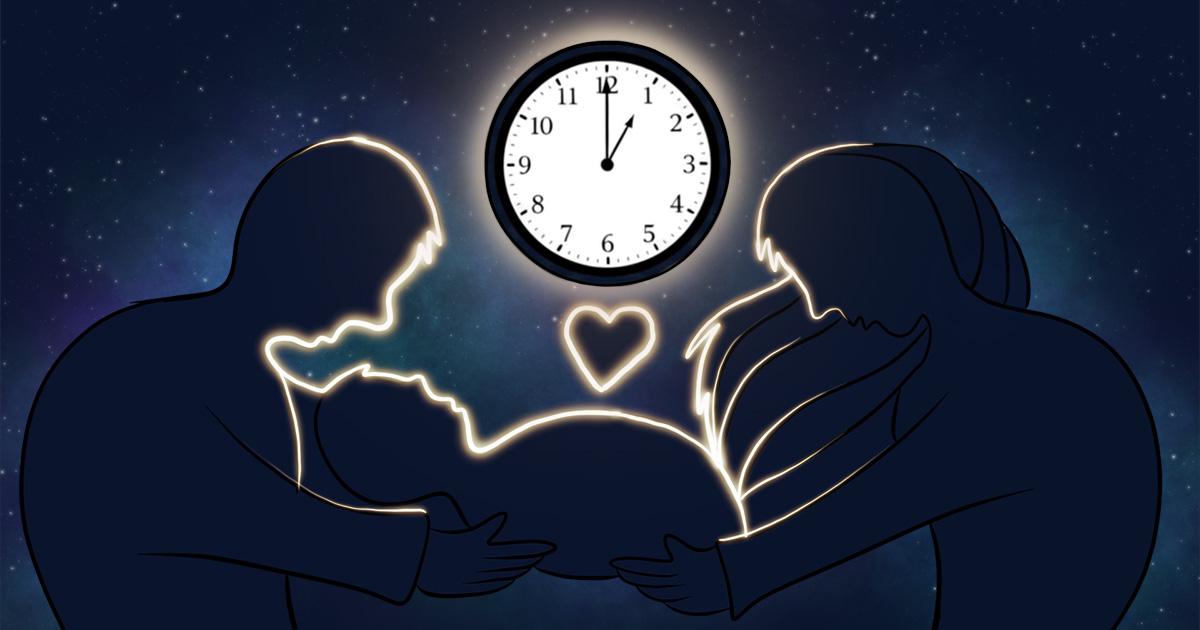
When our son was born, everything seemed simple. Feeding, dressing, rocking — just like the books say. The usual fatigue, sleepless nights, even the first panic attack when he didn’t poop on time… But overall, life felt normal. He was growing, smiling, babbling, eating — hitting every milestone like a little tank.
Still, looking back now, the early signs of autism were already there — tiny, almost invisible.
The First Red Flag: Not Turning His Head
One day we noticed something unsettling: our baby wouldn’t turn his head to the left.
- Right? Yes.
- Up? Absolutely.
- Left? It was like that direction didn’t exist.
We tried toys, mirrors, kisses — nothing. At first it was “just odd.” Then, worry crept in.
A physiotherapist reassured us: just a bit of muscle tension. After a few sessions, things improved, and we breathed easier. Still, we kept going weekly — just in case.
Crawling Challenges: Skipping All Fours
The next milestone brought another question mark. Our son crawled like a soldier, sliding on his belly, but he refused to crawl on all fours.
The physiotherapist encouraged us to help:
- a sheet under his belly,
- guided movements,
- showing him how crawling could be easier.
Did it help? Maybe. Maybe not. But one day, it just happened: he stood up.
First by the couch, then the table — and soon he was walking, like he had always known how.
We sighed in relief: He’s fine.
But deep down, we didn’t realize we were overlooking something bigger.
The Sleep Struggles: Rocking Until Our Arms Hurt
If crawling was unusual, sleep was an Olympic event.
Our son could only fall asleep if we rocked him.
- Not in a stroller.
- Not while sitting.
- Only if we stood and rocked with our whole bodies.
Sometimes 30 minutes. Sometimes an hour.
We joked about who had the bigger biceps 💪, swaying in the dark like sleepy monks. When he finally drifted off, it felt like victory.
It wasn’t the silence or the rest.
It was the feeling: We did it. Again.
Looking Back: Early Signs of Autism
At the time, we explained it away:
- just muscle tightness,
- or laziness,
- or his own pace.
But now, with hindsight, we recognize those small signals as early signs of autism.
We didn’t see them back then. We didn’t know what questions to ask. We were just happy things were moving forward. Maybe too happy.
Why Sharing These Memories Matters
For every parent on a similar journey:
- Trust your instincts.
- Ask questions, even if they seem small.
- Early intervention can make a difference.
This is part of our family’s story — not medical advice, but a reminder that sometimes, the tiniest details matter most.
👉 If this resonates with you, explore more of our journey in our beginnings.